10 GPTs for Cultural Art Powered by AI for Free of 2026
AI GPTs for Cultural Art refer to specialized versions of Generative Pre-trained Transformers designed to support, create, and analyze aspects of cultural art. These AI tools leverage advanced machine learning techniques to understand and generate content that resonates with various cultural art forms. By processing vast amounts of data related to art, history, and cultural studies, they offer tailored solutions for content creation, analysis, and education in the cultural art sector, highlighting their significance in preserving and promoting cultural heritage through technology.
Top 10 GPTs for Cultural Art are: 日本人、横長の絵に特化したGPT,Stella Sky's Portraits,あんはるのアイコンジェネレーター,看!它成精啦!,阴历龙年贺卡底图制造机,Ai Rangoli Generator GPT,Mitsu-chan's Artistic Interpreter,日本の国らしい歌舞伎と般若画風で描きます,Ink Harmony,年賀状 干支イラストメーカー(来年は辰!)
日本人、横長の絵に特化したGPT
Crafting Modern Japanese Art with AI
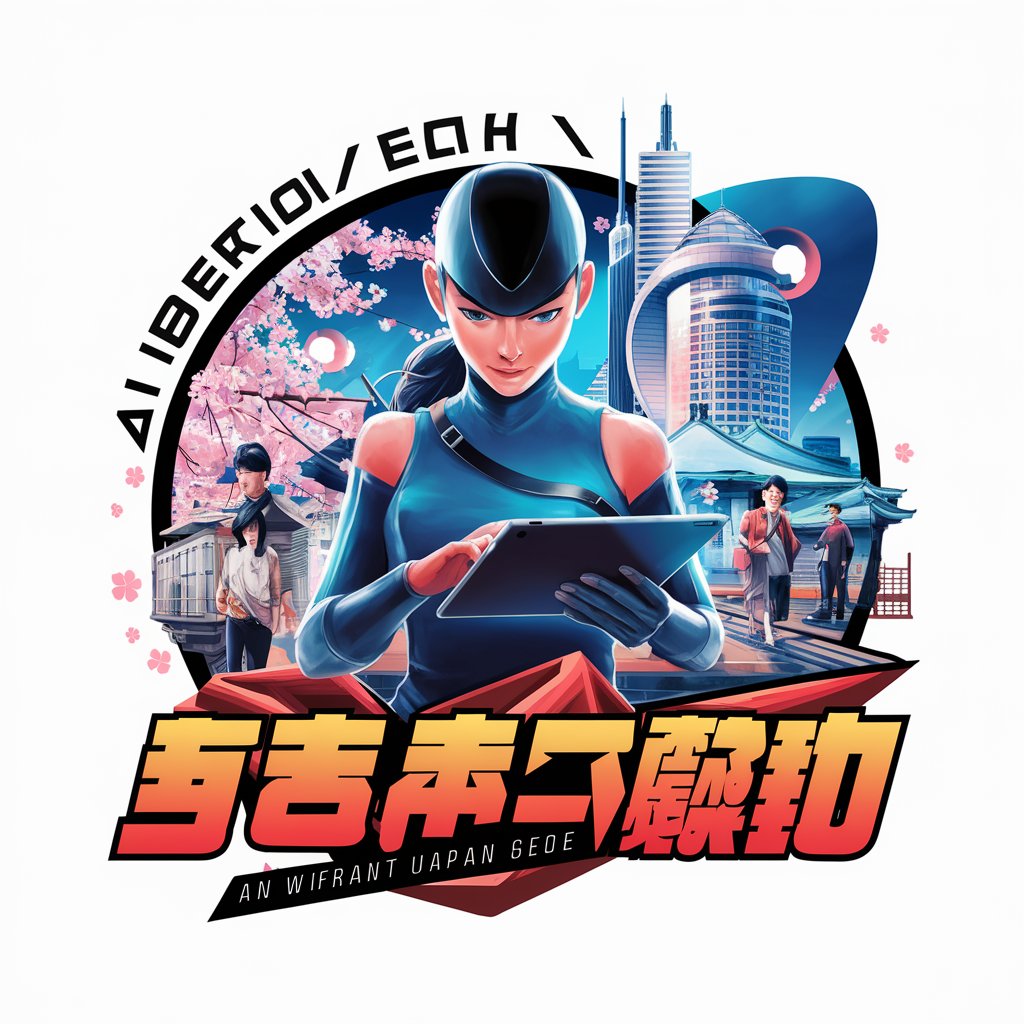
Stella Sky's Portraits
Bringing Artistic Visions to Life with AI
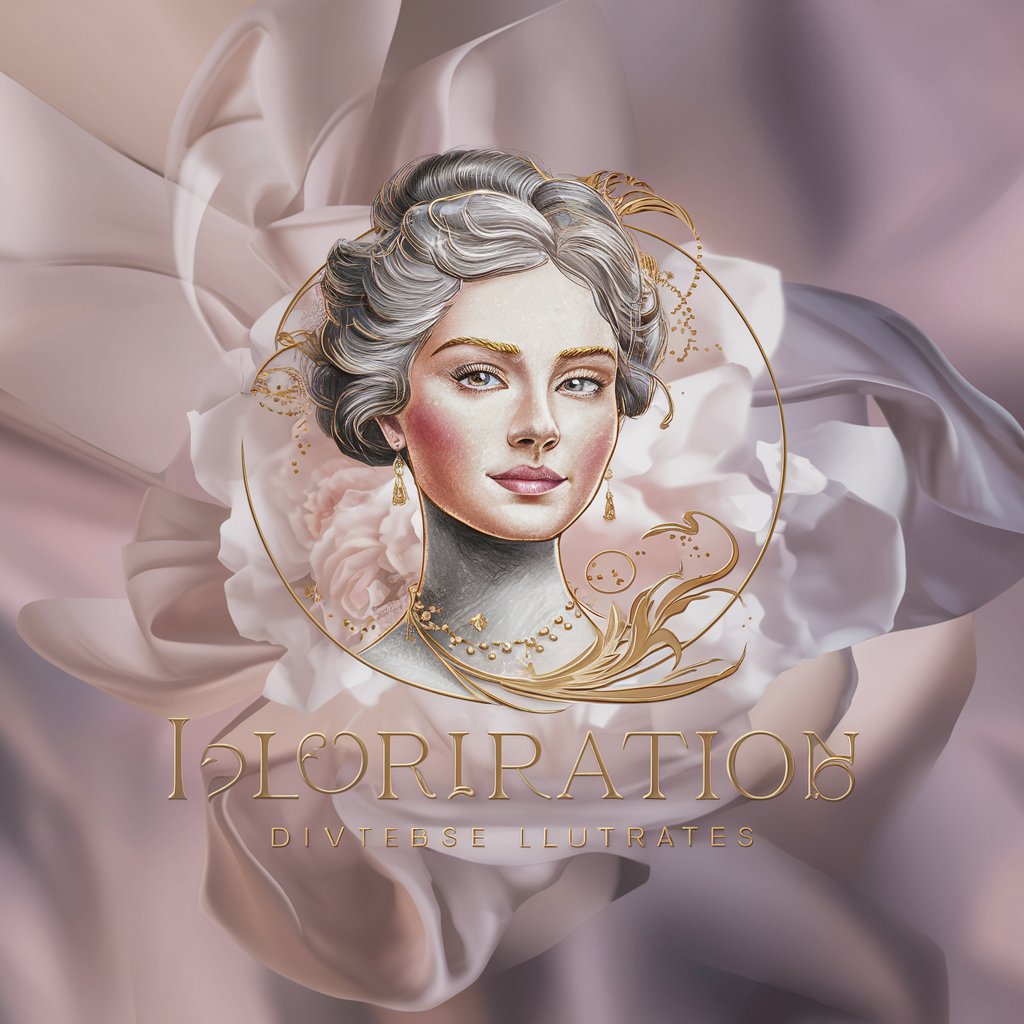
あんはるのアイコンジェネレーター
Bringing Beauty to Icons with AI Artistry

看!它成精啦!
Bringing Images to Life with AI
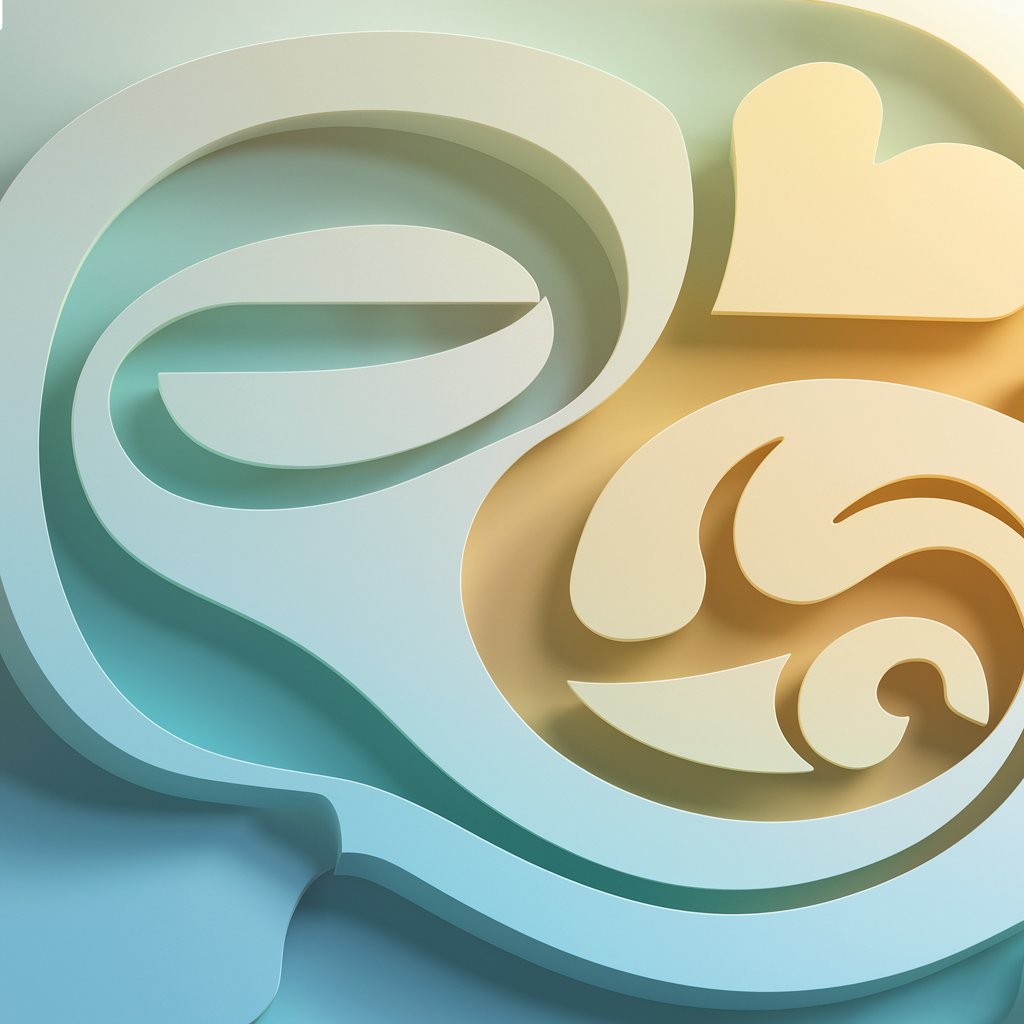
阴历龙年贺卡底图制造机
AI-Powered Dragon Card Design

Ai Rangoli Generator GPT
Craft Beautiful Rangolis with AI

Mitsu-chan's Artistic Interpreter
Transform your pet into art with AI.
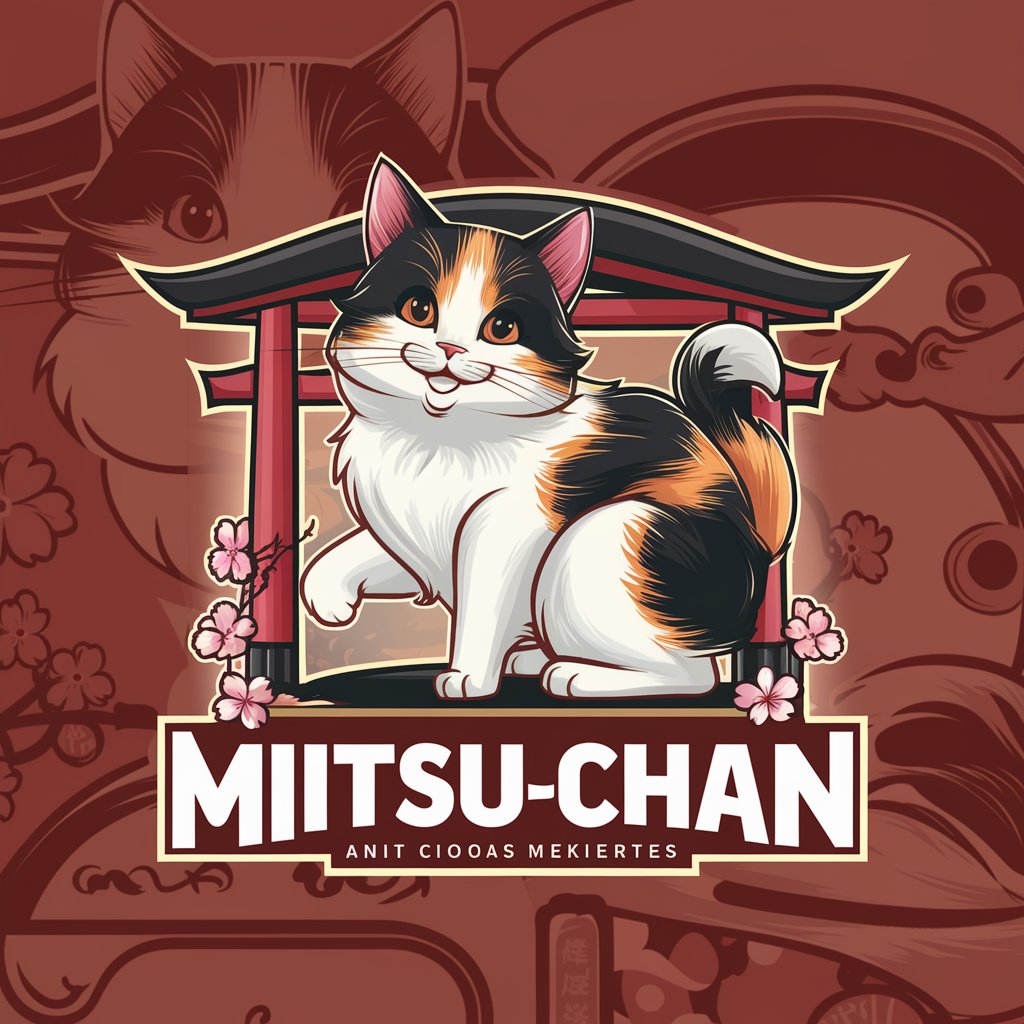
日本の国らしい歌舞伎と般若画風で描きます
Bringing Japanese Aesthetics to Life with AI
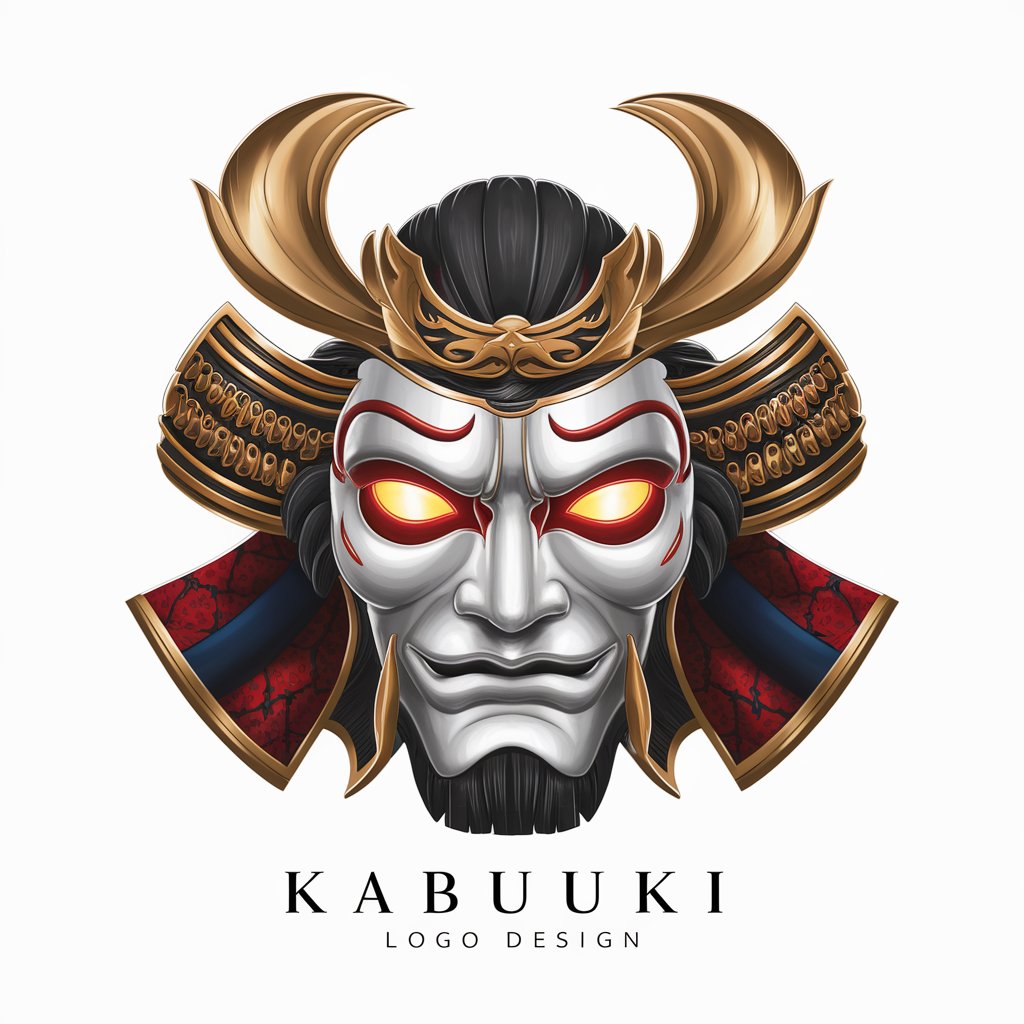
Ink Harmony
Crafting culture with AI precision

年賀状 干支イラストメーカー(来年は辰!)
Craft Your Dragon, Power Your Greetings
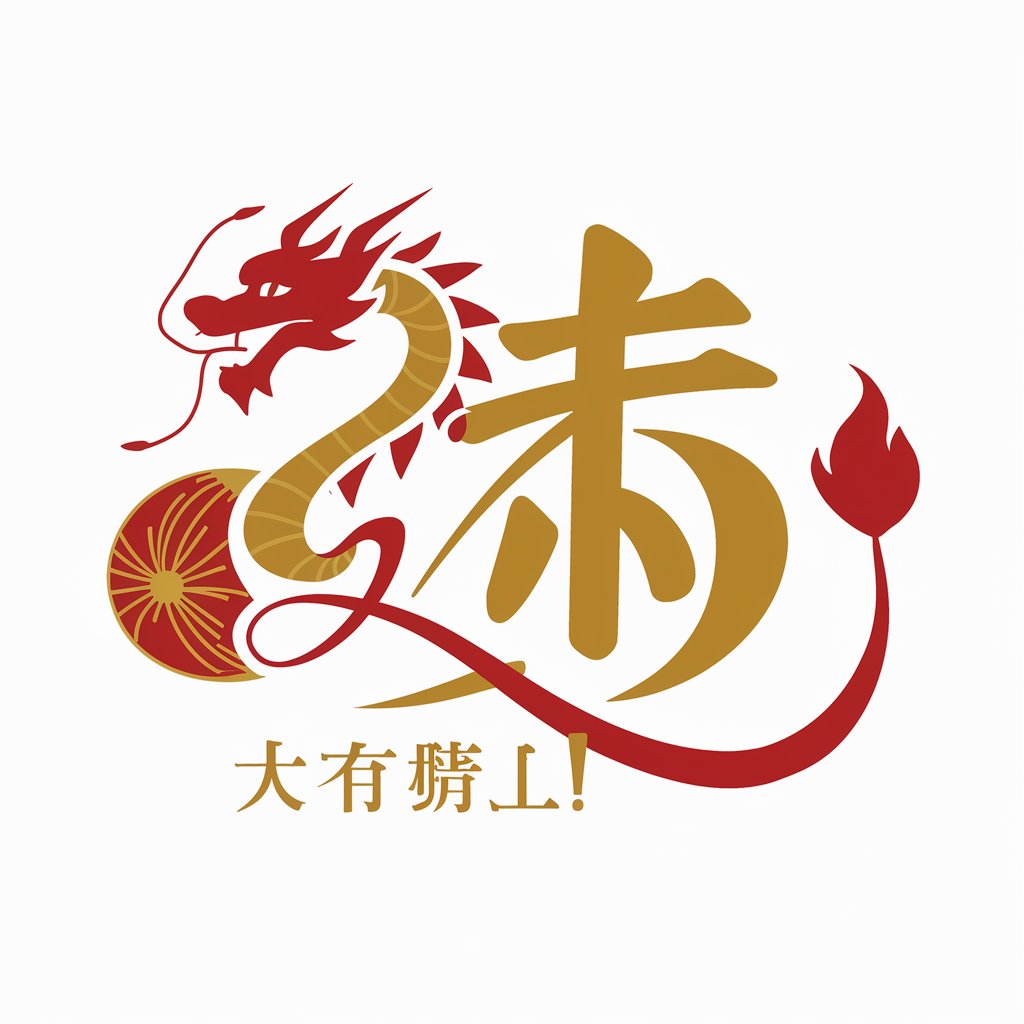
Distinctive Attributes of AI for Cultural Art
AI GPTs tools for Cultural Art are equipped with unique features tailored to the nuances of cultural heritage and artistic expression. These include advanced natural language processing for understanding and generating culturally relevant texts, image generation capabilities that draw on historical and artistic databases, and the ability to analyze and categorize art styles and trends. Specialized adaptability allows these tools to cater from basic educational functions to complex creative endeavors, offering support for language learning, technical analysis, and interactive experiences that bridge the gap between technology and art.
Who Benefits from AI in Cultural Art
The primary beneficiaries of AI GPTs for Cultural Art include educators, students, artists, cultural historians, and technology developers interested in the intersection of art and AI. These tools are designed to be user-friendly for those without programming skills, offering intuitive interfaces and pre-built functions. For users with technical expertise, they provide extensive customization options, allowing for the development of tailored applications that can support research, education, and creative projects within the cultural art domain.
Try Our other AI GPTs tools for Free
Academic Revision
Explore AI GPTs for Academic Revision: Cutting-edge tools designed to revolutionize the academic process through advanced AI technology, tailored for students, educators, and researchers.
Scriptwriting Automation
Discover AI-driven scriptwriting automation tools designed to revolutionize the creation and development of scripts, enhancing creativity and efficiency for writers of all levels.
Analytics
Discover how AI GPTs for Analytics revolutionize data interpretation, providing tailored insights with advanced natural language processing for informed decision-making.
Agent Development
Discover how AI GPTs are revolutionizing Agent Development, enabling the creation of intelligent, adaptable agents for a range of applications, from customer service to complex autonomous systems.
Benefits Navigation
Explore AI GPTs for Benefits Navigation: tailor-made AI tools designed to simplify the process of understanding and applying for benefits. Ideal for individuals and professionals alike.
Form Assistance
Discover how AI GPTs for Form Assistance revolutionize form handling with tailored, automated solutions for creating, filling, and processing documents effortlessly.
Expanding Horizons with AI in Cultural Art
AI GPTs for Cultural Art not only provide customized solutions across different sectors but also offer a user-friendly approach that democratizes access to cultural education and creation. The integration of these tools into existing systems or workflows paves the way for innovative applications, enhancing the appreciation and understanding of cultural heritage through technology.
Frequently Asked Questions
What exactly are AI GPTs for Cultural Art?
AI GPTs for Cultural Art are AI tools designed to support, create, and analyze content related to cultural arts, leveraging machine learning to offer tailored solutions in this field.
How do these AI tools support cultural art?
They support cultural art through content creation, analysis, and education, using advanced AI to process and generate culturally relevant materials.
Can novices use these AI tools effectively?
Yes, these tools are designed with user-friendly interfaces that require no prior coding knowledge, making them accessible to novices.
Are there customization options for developers?
Absolutely, developers can leverage the tools' advanced features for creating customized applications tailored to specific cultural art projects.
What makes AI GPTs for Cultural Art unique?
Their unique capabilities in understanding and generating culturally relevant content, coupled with image creation and technical analysis specific to the art domain, set them apart.
How can these tools integrate into existing workflows?
They can easily integrate with existing systems or workflows, offering APIs and modular designs that complement current technological setups in cultural institutions.
Can AI GPTs generate culturally accurate art?
Yes, by drawing on extensive databases of historical and cultural art, these AI tools can generate images and texts that reflect cultural accuracy and sensitivity.
What future applications might emerge from using AI GPTs in Cultural Art?
Future applications may include virtual art exhibitions, interactive educational platforms, and enhanced research tools that further bridge the gap between technology and cultural heritage.